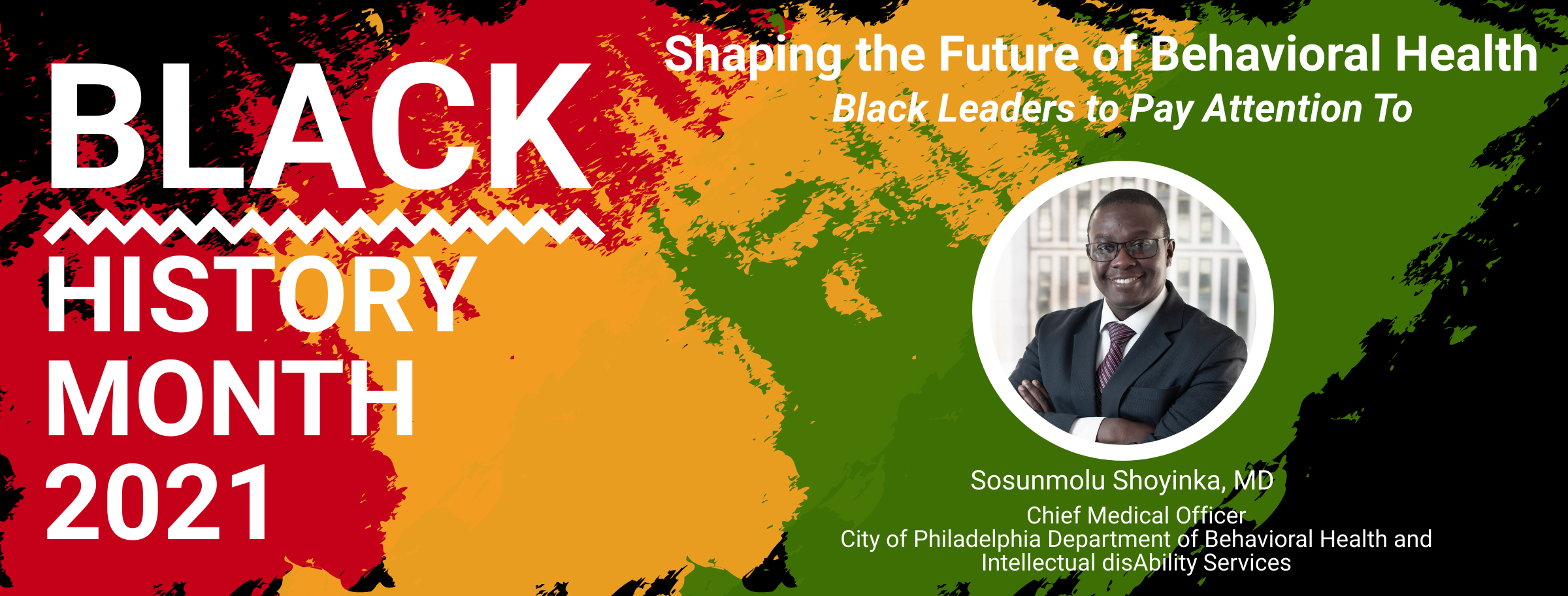Get Involved

 Become a Thought Partner
Become a Thought Partner
Partner with us to produce thought leadership that moves the needle on behavioral healthcare.
 Other options to get involved
Other options to get involved

Thank you!
We received your information and will be in contact soon!
Get Involved

 Grantmaking
Grantmaking
We fund organizations and projects which disrupt our current behavioral health space and create impact at the individual, organizational, and societal levels.
 Participatory Funds
Participatory Funds
Our participatory funds alter traditional grantmaking by shifting power
to impacted communities to direct resources and make funding decisions.
 Special Grant Programs
Special Grant Programs
We build public and private partnerships to administer grant dollars toward targeted programs.
 Program Related Investments
Program Related Investments
We provide funds at below-market interest rates that can be particularly useful to start, grow, or sustain a program, or when results cannot be achieved with grant dollars alone.
Get Involved

 Tia Burroughs Clayton, MSS
Tia Burroughs Clayton, MSS
Learning and Community Impact Consultant
Add some text here
 Alyson Ferguson, MPH
Alyson Ferguson, MPH
Chief Operating Officer
Contact Alyson about grantmaking, program related investments, and the paper series.
 Samantha Matlin, PhD
Samantha Matlin, PhD
Senior Learning & Community Impact Consultant
Contact Samantha about program planning and evaluation consulting services.
 Caitlin O'Brien, MPH
Caitlin O'Brien, MPH
Director of Learning & Community Impact
Contact Caitlin about the Community Fund for Immigrant Wellness, the Annual Innovation Award, and trauma-informed programming.
 Joe Pyle, MA
Joe Pyle, MA
President
Contact Joe about partnership opportunities, thought leadership, and the Foundation’s property.
 Bridget Talone, MFA
Bridget Talone, MFA
Grants Manager for Learning and Community Impact
Add some text here

What Does Black History Mean To You And How Does It Inform Your Practice?
As a first-generation immigrant from Nigeria, I stepped into the Black experience in the USA as an adult. Over time, I have come to understand the weight of that identity and the often-painful history behind it. I recognize the fact that that the opportunities available to me today have only been made possible by the courage, toil and sacrifice of those who have gone before, many of whom gave their lives for this cause. So, for me, Black History Month is an entirely appropriate opportunity to celebrate the accomplishments of Black people in the United States and to recognize what it took to achieve them.
These advances notwithstanding, we still have a long way to go. Health outcomes for ethnic minorities remain demonstrably worse than for Whites across the board – as starkly illustrated by the COVID pandemic. Structural racism still results in an overall poorer quality of life and lifetime opportunities for ethnic minorities. At the same time, Black physicians comprise only 5% of the total physician population in the United States. Only 3.3% of executive leaders of organizations are Black.
For these reasons, I take very seriously both the opportunity and responsibility to be both a representative and advocate for historically underrepresented and underserved minorities. This is reflected in my current role as Chief Medical Officer for DBHIDS. In this role, I work to ensure that programs and policy align to deliver optimal population health outcomes to all Philadelphians, a city with a majority Black population.
Dr. Sosunmolu Shoyinka is the Chief Medical Officer for the Department of Behavioral Health and Intellectual disAbility Services (DBHIDS). In this role, he works to ensure that policy and programs throughout DBHIDS are aligned with current evidence and best practices to achieve optimal population health outcomes.
Prior to this role, Dr. Shoyinka held a number of leadership positions, including director of the Missouri Behavioral Pharmacy Management program and medical director for the Sunflower and Home State Health Plans at Centene Corp. While at Centene, he served as thought leader and subject matter expert on addiction treatment. His accomplishments in that role included co-leading the development of a patent-pending addiction-focused analytic platform, developing addiction-related programs and writing addiction services policy covering more than 12 million lives.
Dr. Shoyinka’s clinical experience spans multiple settings. These include telemedicine, academic medicine, private for-profit and state hospitals, forensics, correctional settings, primary care, federally qualified health centers, health homes and community mental health settings. He is board-certified in general adult psychiatry, community and public psychiatry, and addiction medicine. Dr. Shoyinka completed fellowships in psychosomatic medicine and public psychiatry at Yale and Columbia Universities respectively. He completed a fellowship in psychoanalytic psychotherapy at NYU, and holds an MBA from the Kelley School of Business.
Resources By Dr. Shoyinka
Dr. Shoyinka, along with colleagues recently developed a tool titled Self-Assessment for Modification of Anti-Racism (SMART). It is intended to help organizations address structural racism within themselves. Although originally created for community behavioral health organizations, it can be adapted for use by other types of organization. Access the tool here.
Dr. Shoyinka recently shared his experience of taking the COVID-19 vaccine. Watch a video of him receiving the vaccine and watch him share his experience about it here.













